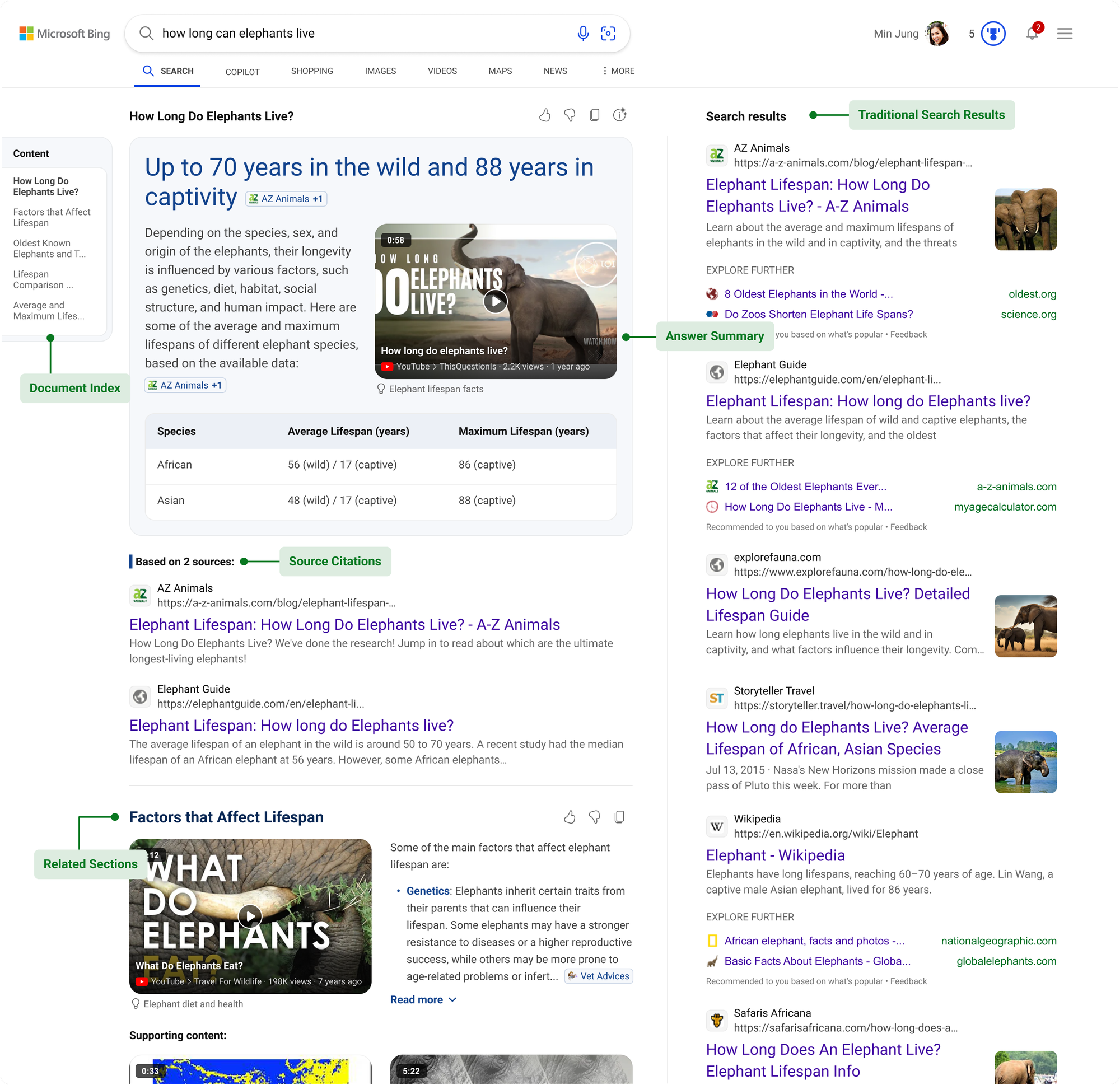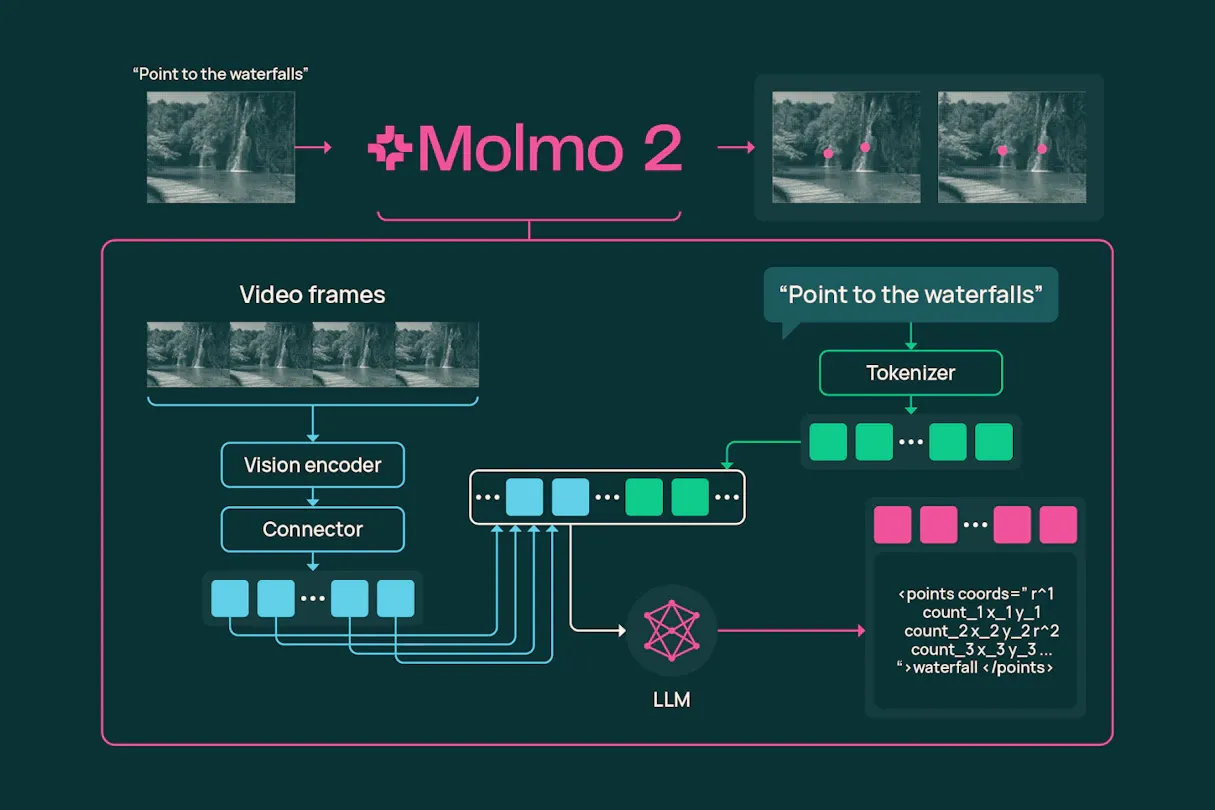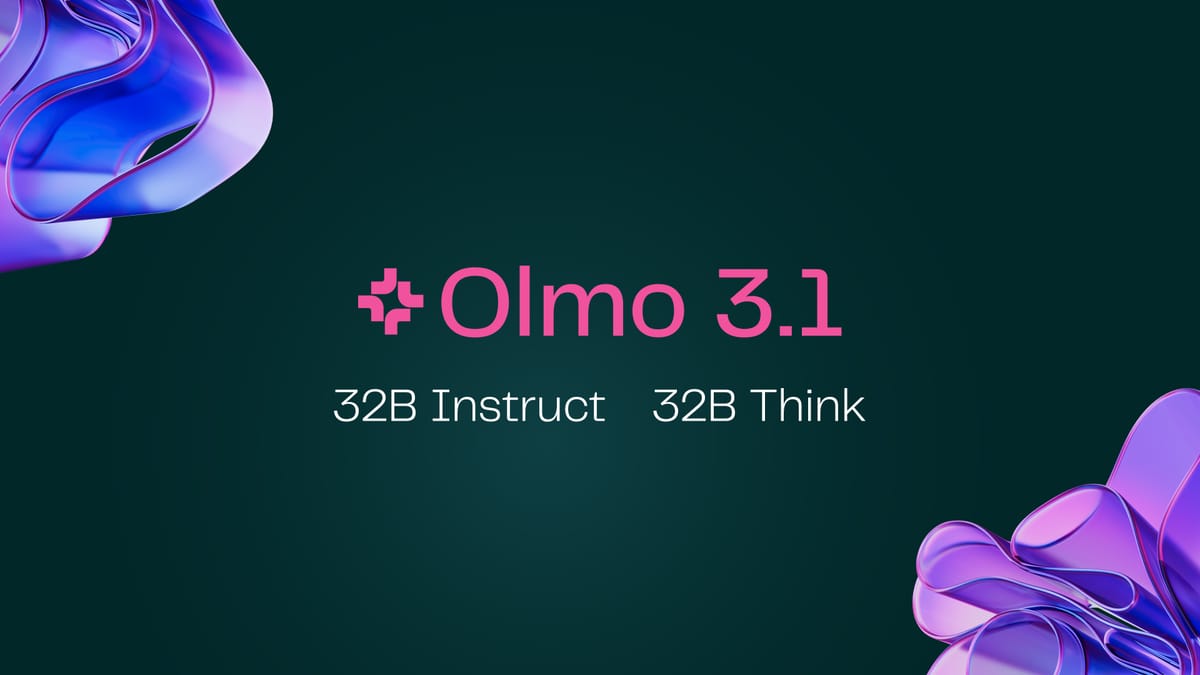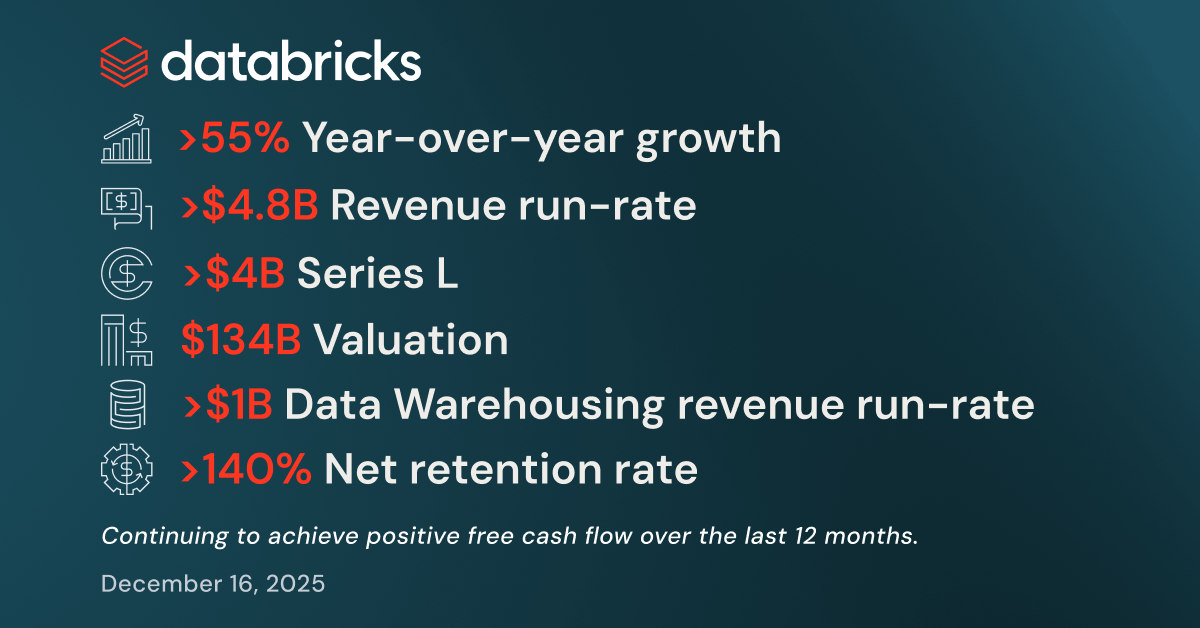There is a lesson to be learned from Google's and Perplexity AI's persistence; that generative AI and web search go together. Microsoft is the latest company to experiment with combining web search and generative AI into a unified experience, now available as an early preview rolling out to a small number of user queries. The new generative AI experience combines the search results page with small and large language models to deliver a dynamic response that includes a small AI-generated document that condenses the most relevant information to the query, complete with an index and sources. Traditional search results appear in a column to the right of the main document to ensure that users' queries are completely fulfilled.

Microsoft claims it has optimized Bing's accuracy as it continues integrating language models into web searches. The company also states it is researching how generative AI search solutions influence the amount of traffic original publishers get, compared to traditional search results. Early testing reveals that it remains unchanged, promoting a healthy ecosystem. The generative AI attempts to maximize clicks to external sites by retaining traditional results and displaying clickable reference links.
Microsoft's solution still presupposes that users will be willing to click additional links instead of taking the information from the document at face value, which doesn't strike as very realistic and does little to alleviate the concerns about traffic cannibalizing. Microsoft is also claiming it is doing a limited roll-out to gather feedback and address any issues before making the feature fully available, so it seems we'll have to trust the company on this one.





Comments